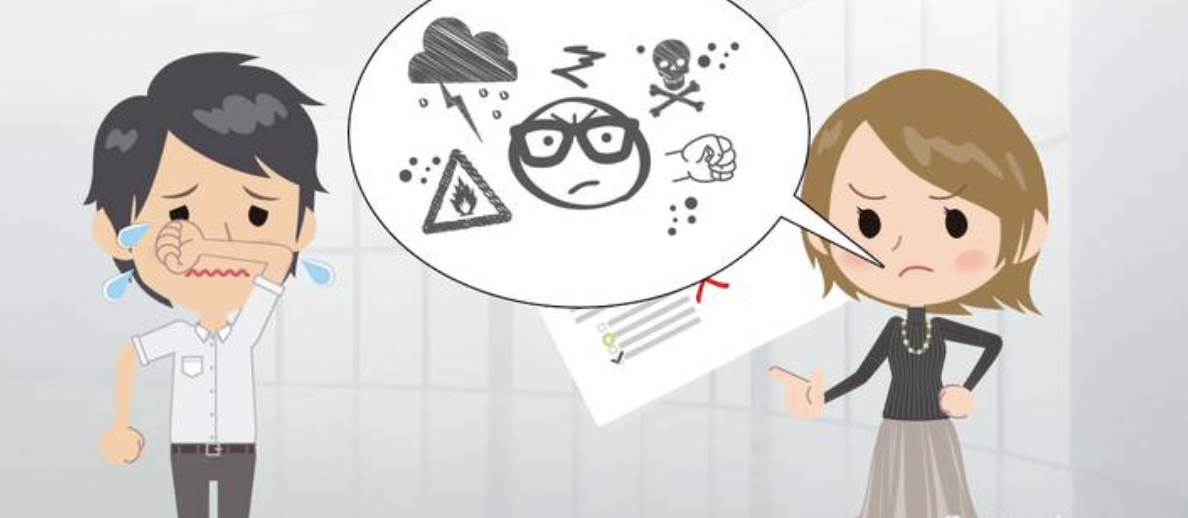ADAPTIVE AND MALADAPTIVE BEHAVIOUR DURING THE COVID- 19 PANDEMIC
The world has currently been thrown into quite a chaotic vortex of suffering, imbalance and negativity due to the Covid-19 pandemic, which, in turn is causing a disruption to people’s daily routines, be it being directly /interpersonally affected from the virus, or facing societal restrictions on daily life routines. Some may experience all this as a huge burden, while others may adapt to the situation and try to make the most out of it. Such a prolonged global crisis has provided a way for researchers to understand and study how people everywhere are affected by the existence of a physical threat (in this case, the Corona virus) and how they try to cope with it. However, it also focused on the re-examination of what could be construed as adaptive behavior (e.g. –social distancing, wearing masks, washing hands etc) and maladaptive behavior (e.g. - hoarding of groceries, overstocking of toilet paper etc.), and how such patterns of behavior may be shaped on the basis of one’s personal beliefs about the virus.
A study was conducted by Novak, Brzoska, Piotrowski and others on a nationally representative sample in Poland, which examined the relationships between the Dark Triad traits (i.e., psychopathy, Machiavellianism, and narcissism) and collective narcissism on one hand, and behaviors related to the COVID-19 pandemic indirectly through health beliefs about the virus on the other; focusing on preventive and hoarding behaviors as common reactions toward the pandemic. The researchers were keen to examine the role of person-focused traits (relevant to the self) and group-focused traits (relevant to one’s identity as a group member) in prevention and health beliefs, considering the fact that COVID-19 evoke threats to the self and the group.
The Dark Triad of Machiavellianism (i.e., manipulativeness and cynicism), narcissism (i.e., grandiose self-view and sense of entitlement), and psychopathy (i.e., impulsivity and emotional callousness) is a point of reference for examining person- focused traits, while group-focused traits consider collective narcissism. Both collective and grandiose narcissism may serve as compensatory defense mechanisms to counter a fragile self-esteem accompanied by a hypersensitivity to threat, as it helps maintain an illusion of being in control of one’s environment, even in the face of grave crises like this.
The Dark Triad traits are correlated with various behaviors that affect people's health, especially in light of responses to the COVID-19 virus. Individuals characterized by the Dark Triad traits are likely to be impulsive and competitive, as well have a high likelihood of engaging in risky behaviors that may adversely affect one's health. The Dark Triad traits are associated with adverse health outcomes, such as self-reported headaches and a shorter life expectancy. Therefore, because of the agentic, impulsive, nonconformist, short-sighted, and risk-taking tendencies of those characterized by the Dark Triad traits, it is very likely that such individuals may be predisposed to dismiss or act contrary to public welfare and endanger others through preventive and hoarding behaviors- as manifestations of minimizing perceived danger and maximizing self-interest.
Collective narcissism refers to how exceptional someone feels their group is (in the agentic or communal domain) and how inferior they feel that other groups are. Collective narcissists manifest an out-group hostility, especially as a reaction toward threats against one’s group. This disposition translates to hypersensitivity to threats and proclivity for negative emotionality. Assuming that COVID-19 would act as a threat to one's sense of group superiority, the study hypothised a high chance that it would spur positive associations between collective narcissism and hoarding, but not necessarily between collective narcissism and preventive behaviors. On the other hand, collective narcissists might adopt preventive measures, because they were encouraged to do so by their own government. Support for government could be a reaction to an external threat of the in-group status quo. In relation to this, the study results revealed that those characterized by collective narcissism engaged the most in hoarding.
Personality traits are also likely to be associated with mechanisms that facilitate adopting certain behaviors in relation to one's health. One of those mechanisms may be the beliefs that someone holds about their health. Personality traits may be indirectly linked to health behaviors through such beliefs. With the rapid spread of the Corona virus all over the world, the interpersonal and existential threat associated with it, and the resulting restrictions and policies imposed on people to help contain the virus, the people’s reaction to such an event would invariably depend on their personality and beliefs about the virus. Cementing this fact, the results of the aforementioned study point to the utility of health beliefs in predicting behaviors during the pandemic, explaining (at least in part) problematic behaviors associated with the dark personalities traits such as Dark Triad, collective narcissism.



